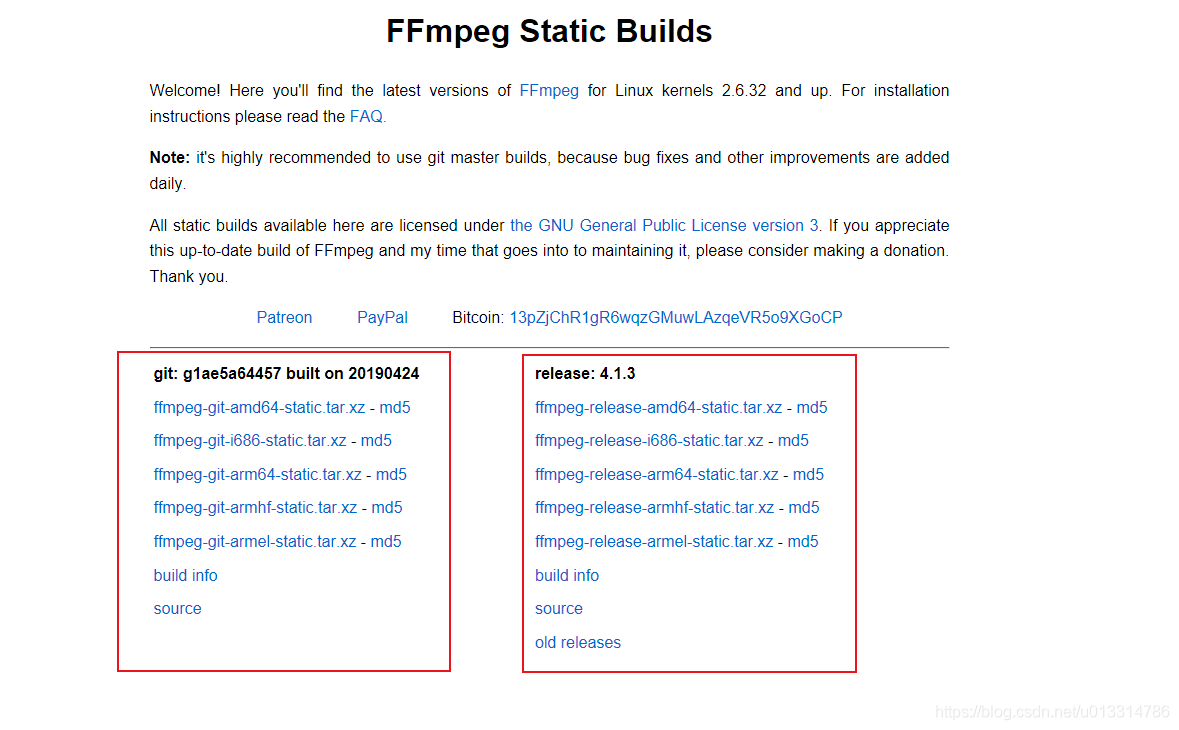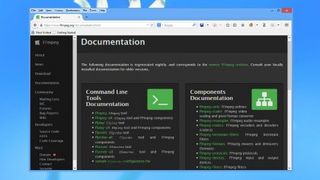

The unzip, tar CLI executables need to be installed. Please consider supporting and donating to them who have been providing quality binary builds for many years:

Verify the FFmpeg installation by printing its version: ffmpeg -version. Enter the following command to install the FFmpeg package: sudo apt install ffmpeg. This npm package includes statically linked binaries that are produced by the following individuals. Start by updating the packages list as root or user with sudo privileges: sudo apt update. This process can be time-consuming, but it will give you the most recent version of FFmpeg and all of its features. Please consult the individual build's project site for exact source versions, which you can locate based on the version information included in the README file. Install FFmpeg Static Build If you want to install the FFmpeg library on your Linux server, you can do so by compiling it from the source. The build script extracts build information and (when possible) the license file from the downloaded package or the distribution server. macOS 圆4 (Intel) & ARM64 (Apple Silicon) builds.The build script downloads binaries from these locations: Users/j/playground/node_modules/ffmpeg-static/ffmpegĬheck the example script for a more thorough example.


 0 kommentar(er)
0 kommentar(er)
